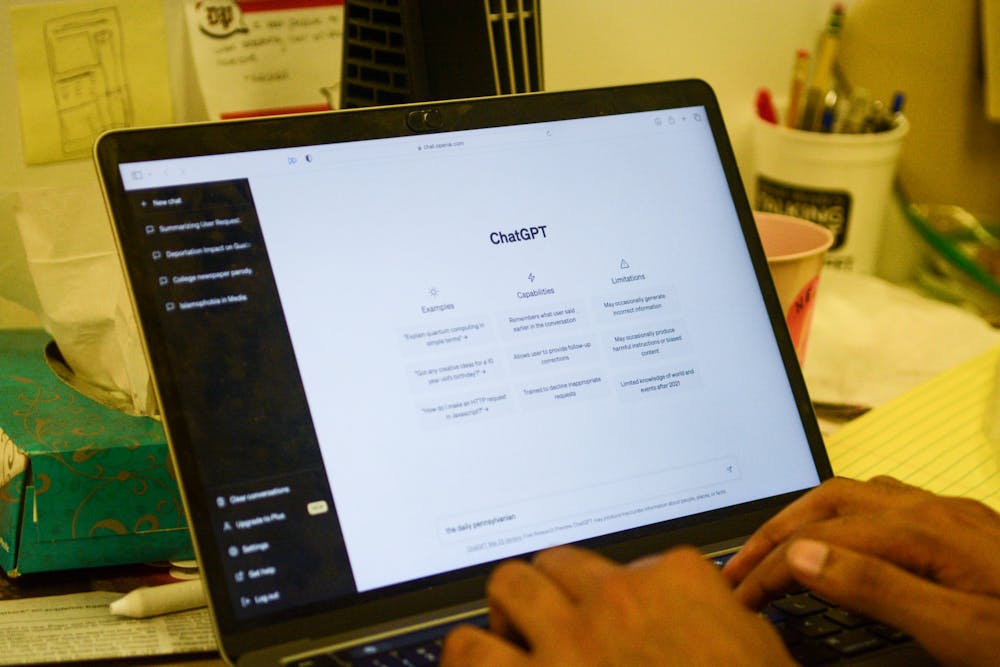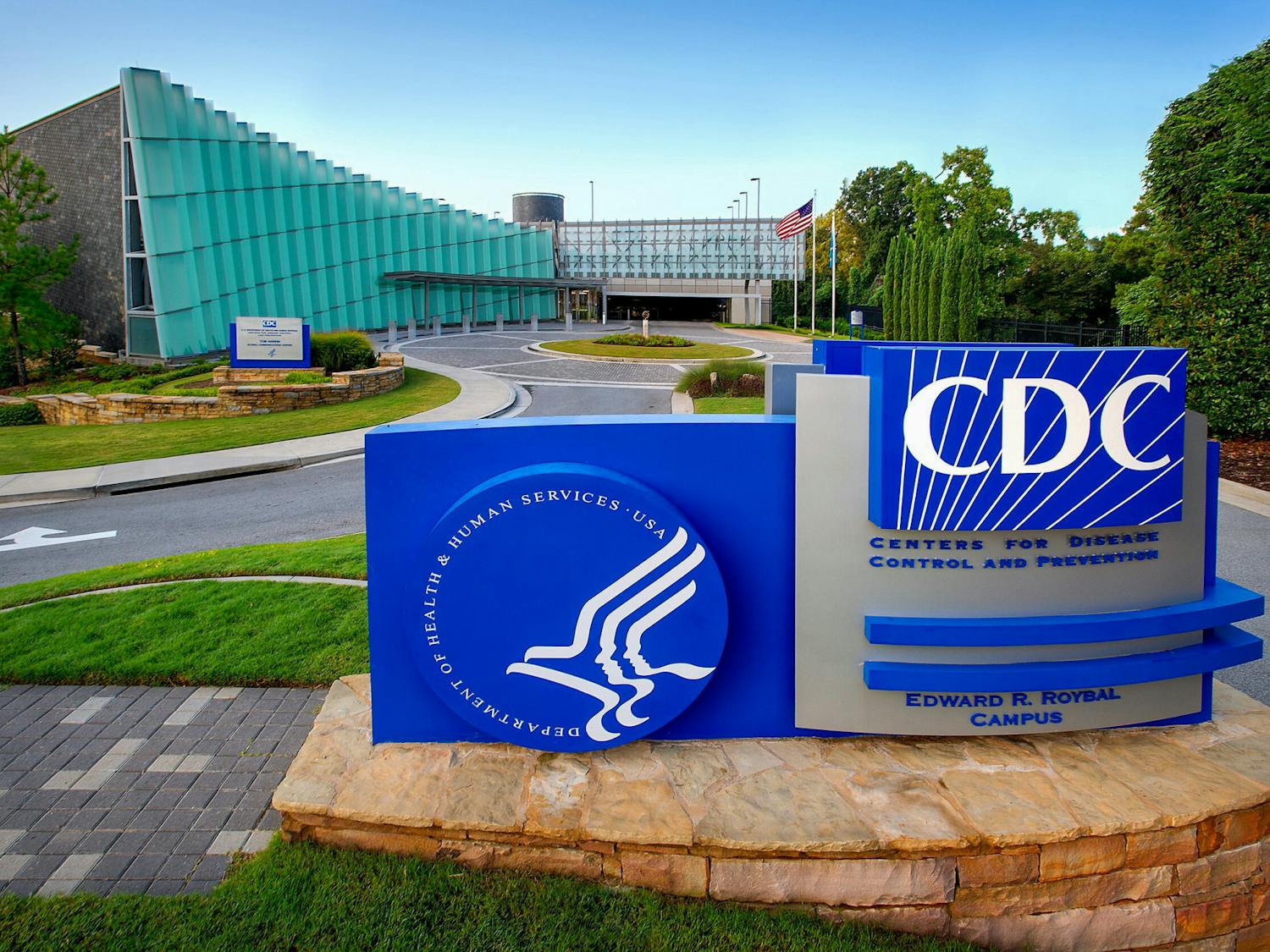Researchers from Penn and OpenAI found that 80% of the U.S. workforce will have at least 10% of their tasks impacted by GPTs.
GPTs, also known as generative pre-trained transformers, can generate human-sounding responses to a multitude of prompts and are proficient at writing, synthesizing text, and coding.
The researchers identified data processing services, information services, publishing, and insurance carriers as industries where GPTs will have the greatest effect. They predicted that food, wood manufacturing, agriculture, and forestry industries would be the least affected.
“The influence spans all wage levels, with higher-income jobs potentially facing greater exposure,” suggested the researchers in the paper.
The study also found that GPTs' test-taking abilities improved significantly between GPT-3.5 and GPT-4, with the biggest improvement in bar exams. Earlier this year, Wharton professor Christian Terwiesch published a paper describing how ChatGPT was able to pass an MBA exam.
Penn students share mixed opinions about GPTs. Engineering first year Eitan Seitchik told The Daily Pennsylvanian in January that, although the software can accelerate learning, it could also prompt biases.
For example, Seitchik said that the data that GPTs use may contain stereotypes, which can instigate a self-serving cycle and continue to augment discrimination.
Moreover, in the absence of a University-wide policy for GPTs, Penn professors are creating a patchwork of approaches regarding the use of artificial intelligence in their classes.
Wharton professor Ethan Mollick told the DP in March that he supports the usage of GPTs in his classes, mandating that students use it for several assignments. Mollick said that Chat GPT and similar AI-based systems are useful tools that can be used for the betterment of education.
“We have to recognize and learn how to use these tools and not fight against them,” Mollick said. “I also think that we can accomplish things educationally that we could not accomplish before by using tools in this way.”
ChatGPT, launched by OpenAI in November 2022, has grown rapidly since its release. According to OpenAI, ChatGPT aims to replicate organic conversations through its ability to “answer follow-up questions, admit its mistakes, challenge incorrect premises, and reject inappropriate requests.”
Major companies are racing to incorporate artificial intelligence into their offerings. Google and Microsoft have announced that they will be using Bard and Microsoft 365 Copilot, respectively, to power their productivity products such as email, file hosting software, and search engines.









